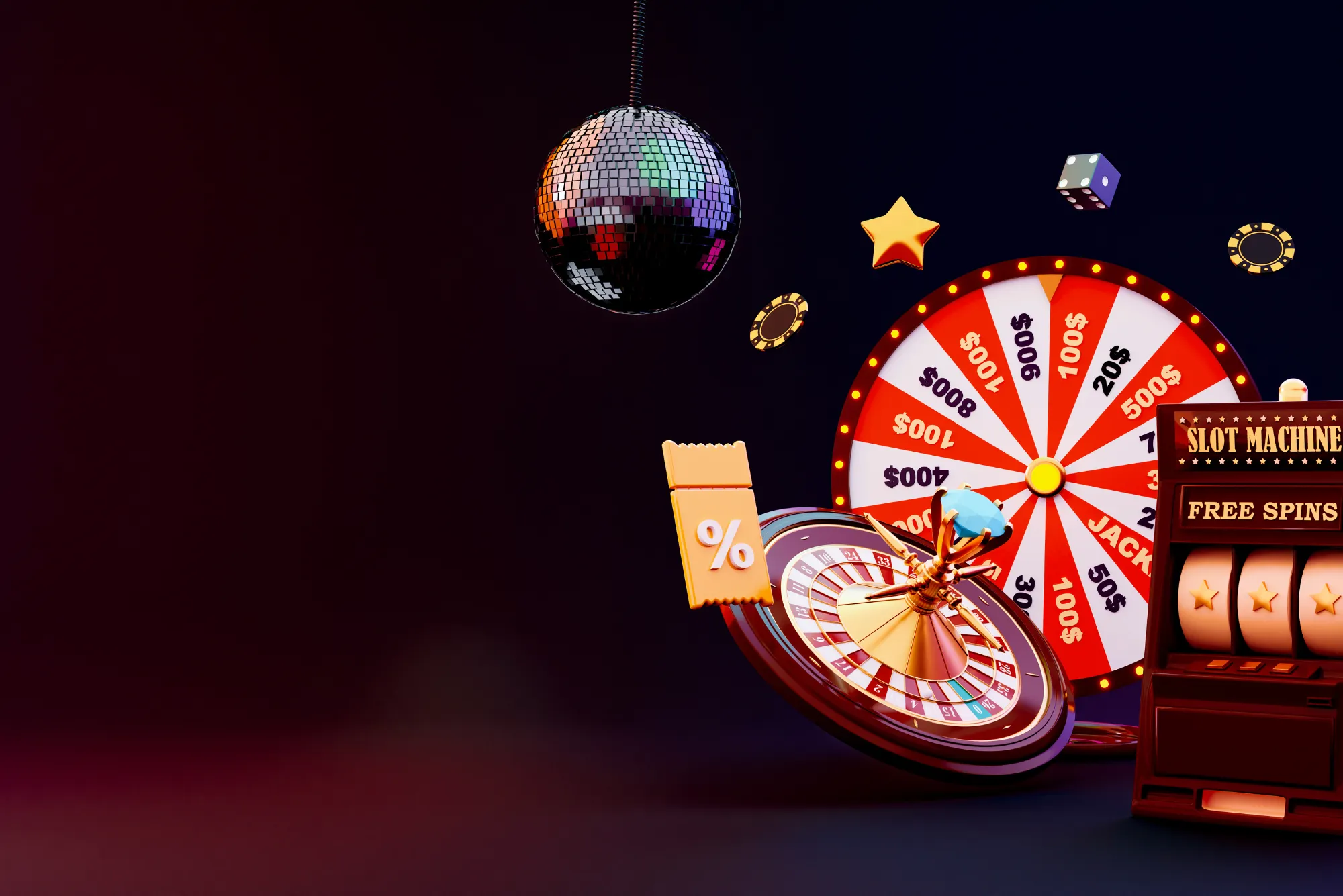Rapid loss recovery features, often promoted by non Gamstop casinos, promise players a chance to recoup losses quickly through bonuses, cashback, or high-risk betting options. These features can seem enticing, especially for players seeking to offset a bad streak, but they come with significant risks that can affect financial stability and mental well-being. This article dives into the mechanics of these features, their potential dangers, and how players can navigate non Gamstop casinos responsibly to avoid falling into harmful gambling patterns.
Understanding Rapid Loss Recovery Features
Non Gamstop casinos often advertise features like cashback bonuses, reload offers, or high-stake games as tools for rapid loss recovery. These are designed to keep players engaged by offering a percentage of losses back or incentivizing further deposits with bonus funds. For example, a casino might offer 10% cashback on weekly losses or a 50% reload bonus to encourage continued play. While these promotions can appear to soften the blow of losses, they often come with strings attached, such as high wagering requirements or time limits that pressure players to bet more.
The allure of rapid loss recovery lies in the psychological pull of “chasing losses,” a behavior where gamblers bet more to recover what they’ve lost. Studies, like those referenced in The Atlantic, highlight how modern gambling platforms exploit this tendency, keeping players in a cycle of betting that can lead to significant financial harm. Non Gamstop casinos, operating outside the UK Gambling Commission’s (UKGC) strict regulations, may amplify this risk by offering fewer player protections.
The Risks of Rapid Loss Recovery Features
1. Encouraging Compulsive Gambling
Rapid loss recovery features can fuel compulsive gambling by creating a false sense of security. Players may feel that a cashback bonus or free spins will help them break even, but these offers often require additional wagering that increases overall risk. According to the Problem Gambling Severity Index (PGSI), chasing losses is a hallmark of problem gambling, with 2-4% of the U.S. population affected by gambling disorders. Non Gamstop casinos, which lack mandatory self-exclusion tools like Gamstop, may not provide adequate safeguards to prevent this cycle, leaving vulnerable players exposed.
2. Financial Overextension
The promise of recovering losses can lead players to deposit more than they can afford, especially when bonuses come with high wagering requirements. For instance, a £100 cashback bonus with a 40x wagering requirement means a player must wager £4,000 before withdrawing any winnings. This can trap players in a loop of spending, as they chase the illusion of recovery. The Investopedia article on gambling losses notes that compulsive gamblers often face devastating financial consequences, including debt and bankruptcy, when trying to recoup losses.
3. Lack of Regulatory Oversight
Non Gamstop casinos are typically licensed by offshore regulators like Curacao or Malta, which may have less stringent standards than the UKGC. This can result in unclear terms, delayed withdrawals, or unfair game practices, as highlighted by Vanguard News. Without robust oversight, rapid loss recovery features may be designed to maximize casino profits rather than protect players, increasing the risk of exploitation.
4. Psychological Manipulation
Casinos use rapid loss recovery features to tap into behavioral economics principles, such as loss aversion, where losses feel more painful than equivalent gains feel rewarding. ScienceDirect explains that this can drive players to make impulsive decisions, like increasing bets after a loss. Non Gamstop casinos may exacerbate this by offering high-variance games or bonuses that encourage riskier play, keeping players hooked on the hope of a big win.
Benefits vs. Risks: A Balanced Perspective
While rapid loss recovery features have risks, they can offer benefits when used responsibly. Cashback bonuses, for example, can provide a safety net, allowing players to extend their playtime without additional deposits. Non Gamstop casinos often boast higher Return to Player (RTP) percentages and more generous bonuses than UKGC-regulated sites, as noted by EnglishLeaflet. This flexibility can appeal to players who want more control over their gaming experience.
However, the risks often outweigh the benefits for those prone to problem gambling. Without mandatory limits or self-exclusion tools, players must rely on self-discipline, which can be challenging under the pressure of loss-chasing incentives. The BMC Public Health study emphasizes that intensified online gambling environments, like those in non Gamstop casinos, can amplify harmful behaviors, especially for those seeking treatment for gambling issues.
How to Gamble Responsibly with Rapid Loss Recovery Features
To mitigate the risks of rapid loss recovery features, players can adopt the following strategies:
-
Set Strict Budgets: Establish a gambling budget using disposable income only, as advised by CasinoBeats. Set deposit and loss limits before playing to avoid overspending.
-
Understand Terms and Conditions: Read the fine print on bonuses and cashback offers. Look for low wagering requirements (under 50x) and avoid time-sensitive promotions that pressure quick bets.
-
Use Responsible Gambling Tools: Even non Gamstop casinos often offer voluntary tools like deposit caps or session timers. NewsBTC notes that platforms like Casumo provide these features to help players stay in control.
-
Avoid Chasing Losses: Recognize the urge to recover losses as a potential sign of problem gambling. Take breaks and reassess your strategy instead of increasing bets.
-
Choose Reputable Casinos: Opt for non Gamstop casinos with licenses from trusted authorities like the Malta Gaming Authority. Check reviews and ensure transparent policies, as recommended by IndiaTimes.
Alternatives to Rapid Loss Recovery Features
For players concerned about the risks, alternatives to rapid loss recovery features exist. UKGC-regulated casinos, integrated with Gamstop, offer stricter protections, including mandatory self-exclusion and spending limits. Additionally, players can explore other responsible gambling tools, such as:
-
Gambling Blocks: Software like Gamban or BetBlocker can restrict access to gambling sites, including non Gamstop casinos.
-
Financial Counseling: Organizations like Ara Recovery provide free advice for managing gambling-related debt.
-
Support Groups: Groups like Gamblers Anonymous offer peer support for those struggling with compulsive gambling.
Conclusion
Rapid loss recovery features in non Gamstop casinos can be a double-edged sword. While they offer opportunities to extend play and potentially recover losses, they also pose significant risks, including compulsive gambling, financial strain, and psychological manipulation. By understanding these risks and adopting responsible gambling practices, players can enjoy the flexibility of non Gamstop casinos while minimizing harm. Always prioritize licensed platforms, set clear limits, and seek support if gambling becomes overwhelming. Staying informed and cautious is the key to a safe and enjoyable gaming experience.








